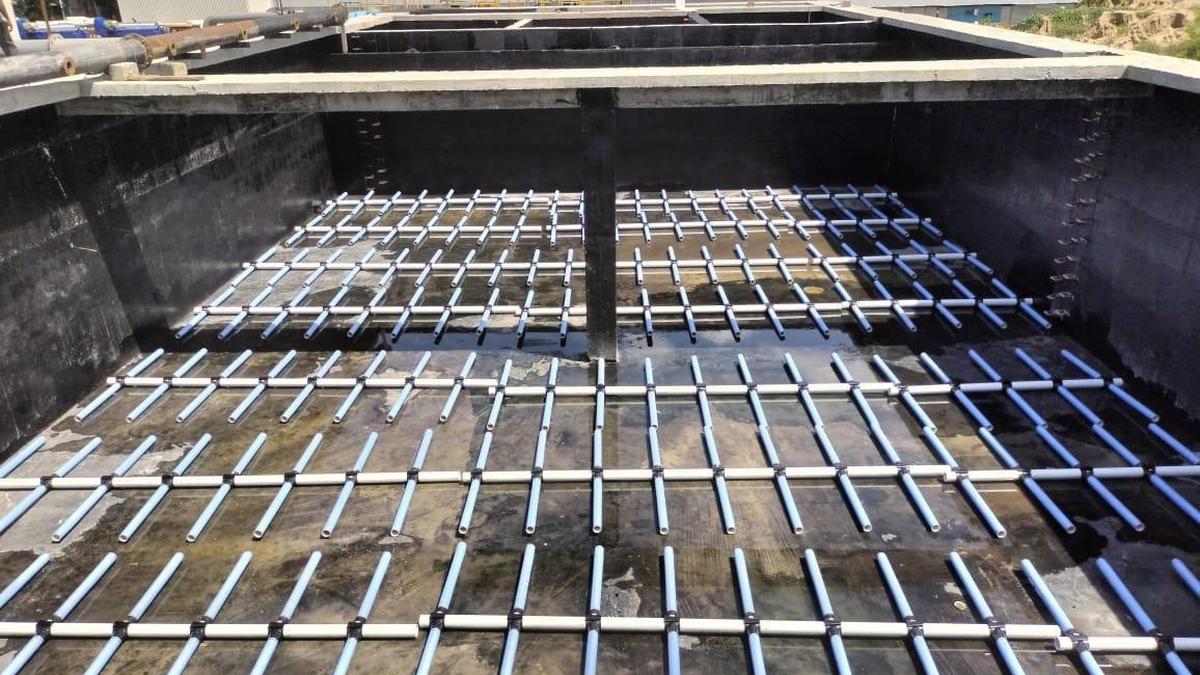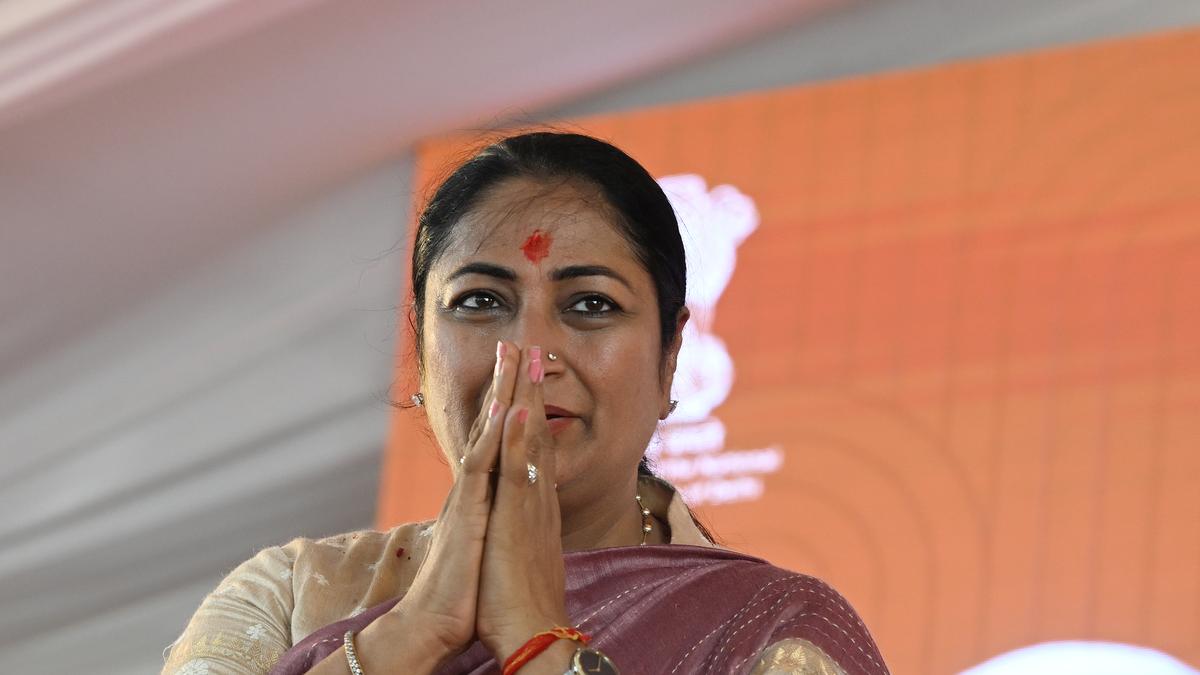Chennai Metrowater will add one more sewage treatment plant with ultra filtration unit at Villivakkam by September. This would help rejuvenate Villivakkam lake and supply treated water for non-potable purposes through tankers.
The upcoming Rs.17.90 crore plant would align with Chennai Metrowater’s mission to shift towards the circular water economy where wastewater is recycled to minimise freshwater consumption.
With a capacity to treat five million litres a day (mld) of sewage, a tertiary treatment plant using ultrafiltration (TTUF) is being established to maintain the standard of reclaimed water for potable use. Officials of the Metrowater recalled that the project was rolled out under Singara Chennai 2.0 as part of the restoration plan of the Villivakkam lake. This followed a directive of the National Green Tribunal.
Nearly 75% of the work to construct a plant has been completed so far on a three-acre site near the lake. It would collect sewage from SIDCO Nagar pumping station, treat it and use a portion of treated water for gardening. The remaining recycled water would be disinfected by the ozonation process and discharged into Villivakkam lake.
Residents of Villivakkam noted that it was a welcome initiative to restore the lake, which was heavily polluted. However, the project to rejuvenate the lake with recreational facilities is yet to be completed. G.Rajagopalan, a resident of Sannithi Street, Villivakkam, said the water agency must also improve the sewer infrastructure in SIDCO Nagar and streets like Kulakkarai Street to prevent sewage overflow.
The water agency also plans to construct a filling point near the site to supply treated water for non-potable purposes, including construction, laundry and automative washing, through lorries.
Listing out advantages of membrane bioreactor technology in the upcoming STP, J.R. Moses, Chief Executive Officer, Hubert Enviro Care Systems, which is implementing the project, said it had more advantages over conventional systems as it delivered better wastewater quality suitable for direct reuse and produced less sludge.
This compact technology boasts a reduced footprint, making it ideal for urban areas with limited space. It can be highly automated, simplifying operations and maintenance, he said.
The water agency looks to construct more such plants to recharge water bodies and increase the source for domestic supply. There are plans to step up the treatment capacity to 10 mld at Villivakkam in the next phase.
Published – July 22, 2025 12:19 am IST



